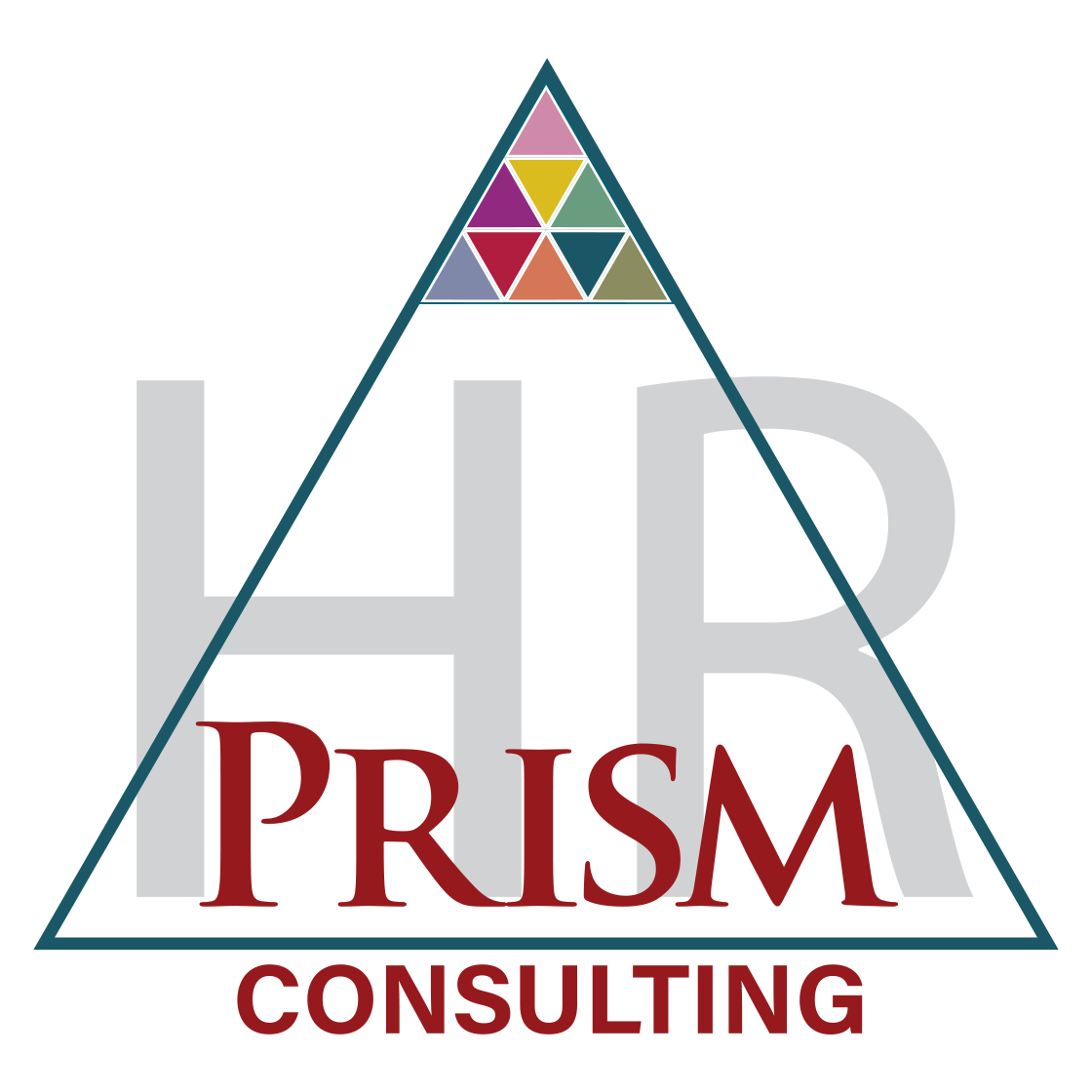The Importance of Coaching and Mentoring for Human Resource Professionals
The Importance of Coaching and Mentoring for Human Resource Professionals
In the dynamic realm of human resources, the demands and expectations placed on professionals are higher than ever. HR professionals are not only expected to manage day-to-day employee relations but also to act as strategic partners who influence the direction of their organizations. This increased complexity underscores the necessity for continuous professional development and coaching and mentoring play pivotal roles.
The Case for Professional Development in HR
1. Enhancing Strategic Skills: As HR shifts from administrative functions to strategic roles, professionals need to develop skills that align with business objectives. According to the Society for Human Resource Management (SHRM), HR professionals who participate in coaching and mentoring programs are 45% more likely to see their roles as strategic rather than administrative.
2. Navigating Change Management: With rapid organizational changes, HR professionals must adeptly manage transitions. A survey by Gartner revealed that 67% of HR leaders identify managing change as their top priority. Coaching provides HR professionals with the tools and confidence to lead these initiatives effectively.
3. Improving Decision-Making Capabilities: Effective HR decision-making impacts the entire organization. A study by the Human Capital Institute found that HR professionals who received mentoring were 37% better at making decisions that positively influenced organizational growth than those who did not.
4.Increasing Adaptability and Resilience: The unpredictable nature of the workplace requires HR professionals to be resilient and adaptable. Research from the University of Michigan concluded that HR professionals who engaged in regular coaching sessions reported a 32% increase in adaptability in crisis situations.
How Coaching and Mentoring Benefit HR Professionals
Personalized Learning: Coaching provides a personalized approach that addresses specific developmental needs, allowing HR professionals to progress at their own pace and focus on areas most relevant to their career goals.
Expert Insights: Mentors in HR bring years of experience and can provide valuable insights that are not accessible through traditional learning methods. This experiential learning is crucial for understanding complex HR landscapes.
Networking Opportunities: Through interactions with coaches and mentors, HR professionals expand their professional networks, which is essential for collaborative growth and opportunities in the field.
Enhanced Communication Skills: One of the fundamental aspects of HR is effective communication. Mentors help refine these skills, particularly in areas like negotiation, conflict resolution, and persuasive communication.
The benefits of coaching and mentoring for HR professionals are clear and supported by compelling statistics. As the role of HR continues to evolve, the need for specialized coaching and mentoring will only grow. Organizations that invest in these development tools not only enhance the capabilities of their HR team but also gain a strategic advantage in increasingly complex business environments. By fostering a culture of continuous learning and professional growth, companies can ensure that their HR professionals are well-equipped to lead and succeed.
